This is one truth that easily becomes unpopular, but Zimbabweans—the majority of them—live one big hypocrisy where governance is concerned.
Tawanda Majoni
You see, since time immemorial, we have heard them whine and groan about how bad the dudes who are in power are. You don’t get compelled to give them a tip or bribe to tell you how gross it is for the president to be buying a US$18m copter when there are no drugs in hospitals and clinics. How the army is taking over almost every other business in sight. How government officials are getting fat and eating big on tenders. Et cetera, et cetera.
Well, this is not to say they are wrong about what they always want to whimper about. Ninety nine point nine nine percent of those guys in power are bad guys. They seek power in order to make their badness a benefit to them. It’s never about the people, because they don’t care about the people. When they removed Robert Mugabe from power, for instance, they talked nice nice. But who doesn’t know the base truth that it was all about themselves? They didn’t hang out their necks to the guillotine for nothing, and they are not disappointing anyone in that regard.
But then, the issue becomes messier when you talk about “the people”. Because, as it were, what we casually call “the people” are not saints either. Given the smallest opportunity, they would just be as bad as the guys in power they complain about with so much routine and conviction. In fact, they may do worse if the chances shows up.
These are the chaps who will leave supermarket trolleys in parking bays or at the till without thinking a mite about it. The same wimps who will dump garbage at your doorstep under the cover of darkness and you are not seeing. You are talking of landlords and tuck shop owners who will hike rent and prices at the drop of a hat.
But don’t mind this common, far-from-exhaustive list. Let’s just focus on one thing—road usage—to show how pathetic the Zimbabwean citizenry has become, where matters of governance are concerned. The typical week-day rush hour is like this. Cars “lock” at traffic lights. Well, the lights are not always working in Zimbabwe, but in Harare and other big cities—Gweru, where the city council is embroiled in a huge dispute with a Chinese supplier excluded, of course—they are generally functional.
Where does that happen on earth? How do cars jam at a traffic intersection where robots are working? The Road Traffic Act is very clear, and so are traffic regulations that you learn at driving school. If the robot is green, you go. If it is amber, you exercise caution. And if the light is red, there is no two ways about it. You stop. This is something a first grader will tell you without you promising them a lollipop.
Problem is, motorists no longer follow the rules. They go when the robot is red. Amber also means go. And green means you are free to knock down a pedestrian. They want to get home before everyone else, you assume. But quite a number of them is rushing to the shebeen or small house to spend some good time before the lockdown curfew starts; hardly anything to do with home.
Once in a while, you get the traffic coppers coming to direct traffic when the logjams happens. Like, in Harare, you get this awesome female traffic cop with white gloves on. She uses so much energy to do her work, stopping cars and signaling others to move like her promotion depends on that. Or this male copper in central Harare who does money karate routines that leave you in stiches. These cops seem to be enjoying the deployments. But then, sheer waste of energy, you would say. How do you come and control traffic when lights are installed to do just that and they are working?
But it’s not all the time that the cops come. This is understandable. The coppers are so much used to bribes. Controlling traffic at a working intersection doesn’t offer them the chance to induce bribes. And it’s sometimes worse than that. In some cases, the traffic details come and just watch the jams as if they don’t have televisions at home or bundles to watch Mai Titi, Tateliciuos or Njuzu on their phones, away from public glare.
It’s pretty the same at the traffic circles. Mbudzi, Mereki turnoff, Harare Drive, et cetera. There, the cars also “lock” at peak hours. It takes hours for the jams to clear. Everyone wants to get in before everyone else. The basic rule is that you give way to traffic that’s already in the circle, but not here. In the bid to be first, all the motorists become losers because they spend hours in the jam.
The Mbudzi roundabout just out the Harare CBD is a classic example of how our coppers operate. The police post is only a few metres away, and gives an elevated view of the traffic crisis. The cops literally walk past the daily jams, choosing to then focus on pirate taxis and cars ferrying people to Masvingo and Beitbridge or some other places. There, they can get good bribes because the motorists are unequivocally breaking the law.
But then, what’s the moral off this drivel? Self-centredness. Zimbabwean motorists have become such a selfish lot. It’s no longer about others or the observance of traffic rules. There is no more respect for the rule of law that the “people” expect from our—evidently—bad-guy government. It then becomes a case of two black pots sizing each other up about how much soot the other carries.
This is a truism, but all corruption and bad governance start with self-centeredness. Why should you expect the ones that rule you to be spick-and-span when you are dirty? Have a look, we are talking citizen governance here. Those that break traffic laws are the voters and, potentially, tomorrow’s leaders. In quite a number of cases, they cause the jams in the presence of their impressionable children who are—also potentially—tomorrow’s leaders. What this says is that, whenever you rush into a traffic circle or a red robot, you are socialising the young ones and your family into bad governance.
The real problem starts when you claim the moral high ground when, in fact, you are driving yourself and others into a moral, legal, social and political sewer. Reality is, you will vote for red-robot jumpers, become a red-robot councillor or MP and do red-robot things when you get into power yourself. Of course, there is a whole host of other citizen hypocrisies outside the roads.
Tawanda Majoni is the national coordinator at Information for Development Trust (IDT) and can be contacted on tmajoni@idt.org.zw


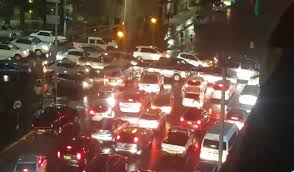
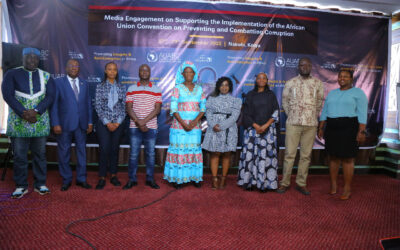




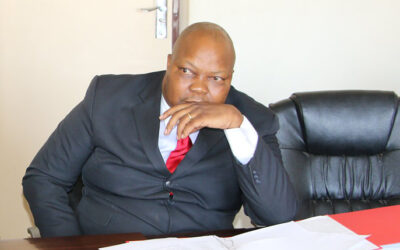
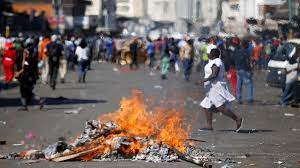
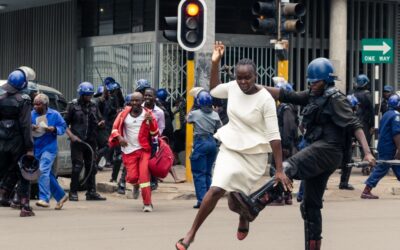
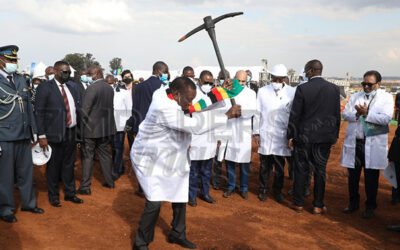

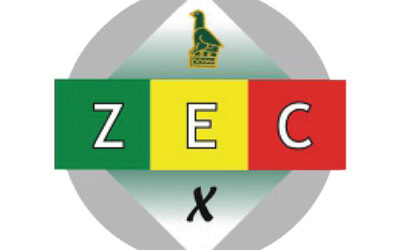
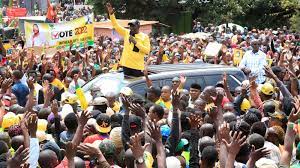


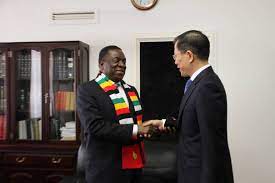




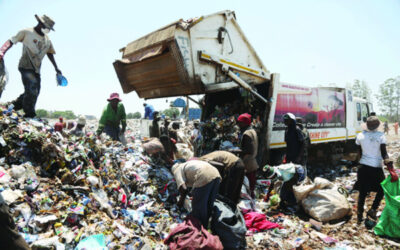



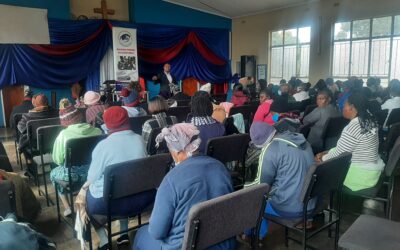






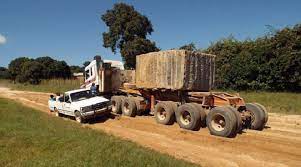





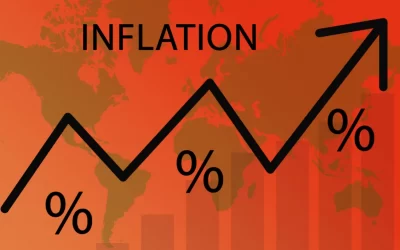
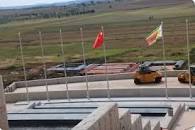
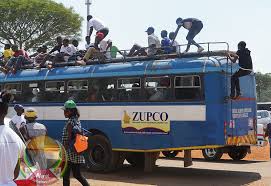
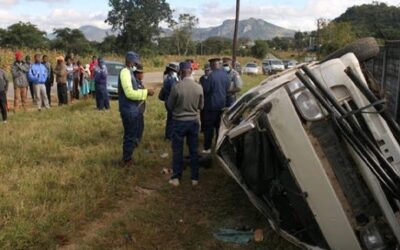













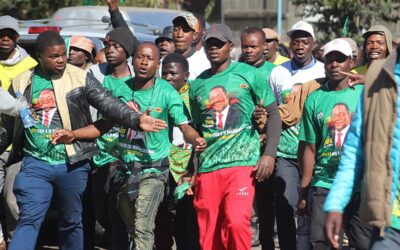


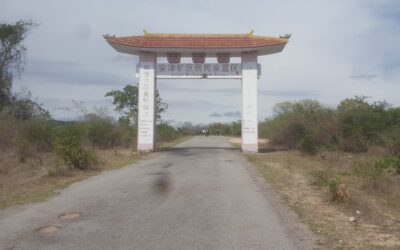

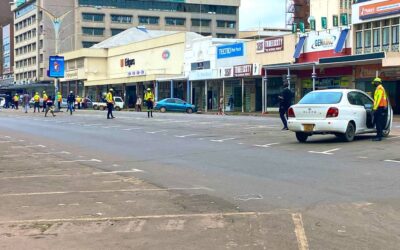



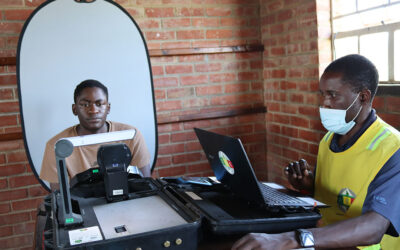





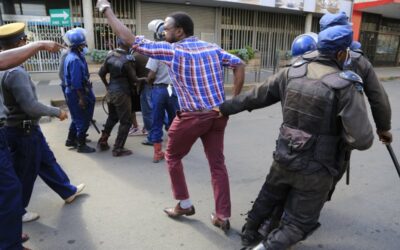
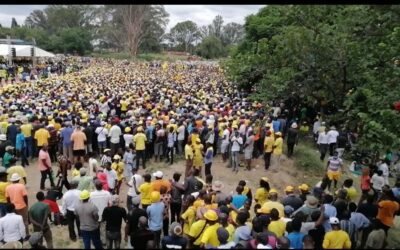







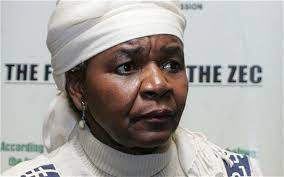


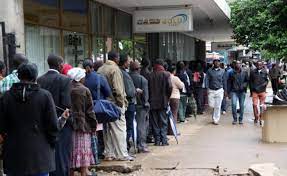
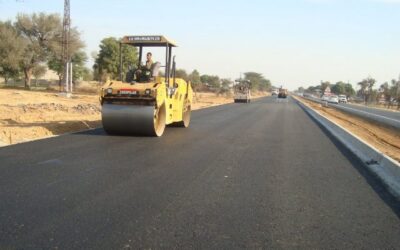


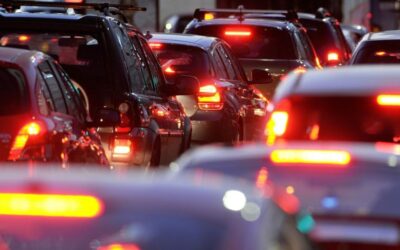

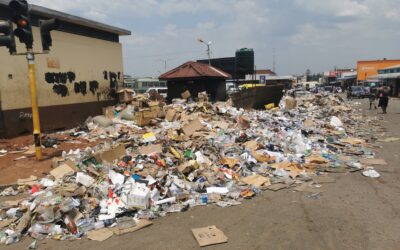












0 Comments